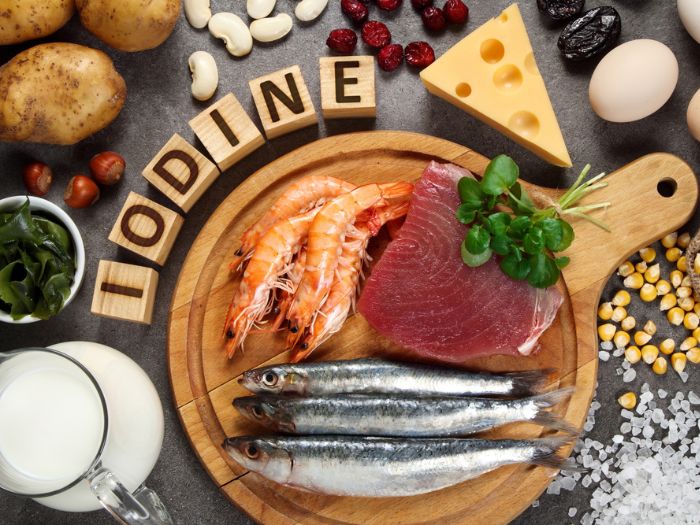An interesting discovery that could soon change the way we prevent infection and build immunity through the food we eat.
A study from the University of Sydney has found that a high-protein diet can change the gut microbiota, triggering an immune response. The focus of this study is to understand further how the trillions of bacteria that inhabit the gut can be manipulated to optimise overall health.
Researchers say this study takes us closer to understanding how our diets impact gut health and our body’s immunity.

Associate Professor Laurence Macia from the University’s Charles Perkins Centre said, “Our ultimate aim is to understand how we can manipulate the bacteria to optimise health, and we know that one of the easiest ways to change the microbiota is to change the diet.”
The study used sophisticated modelling to examine the effect of 10 different diets containing various macronutrients, including protein, fats and carbohydrates. This is the first time this model has been applied in immunology. The research team found that the high-protein diet changed the composition and activity of the gut microbiota. There was an increase in the production of bacterial extracellular vesicles, complex cargo containing bacterial information such as DNA and protein. This triggered an immune response from the body, resulting in immune cells travelling to the gut wall. Increasing these antibodies in the gut can result in strong protection against potential pathogens, such as salmonella.
Professor Simpson, Academic Director of the Charles Perkins Centre, stated that “nutritional geometry can enable us in the future to plan specific foods, meals, and diets based on our nutrient composition to observe potentially linking health benefits and disease”. Nutritional geometry refers to the mixture of dietary components and nutrients to influence health and disease instead of focusing on any one nutrient in isolation.
“Our new approach provides a unique method to unify observations from many fields and better understand how nutrients, foods and diets interact to affect health and disease in humans”.






